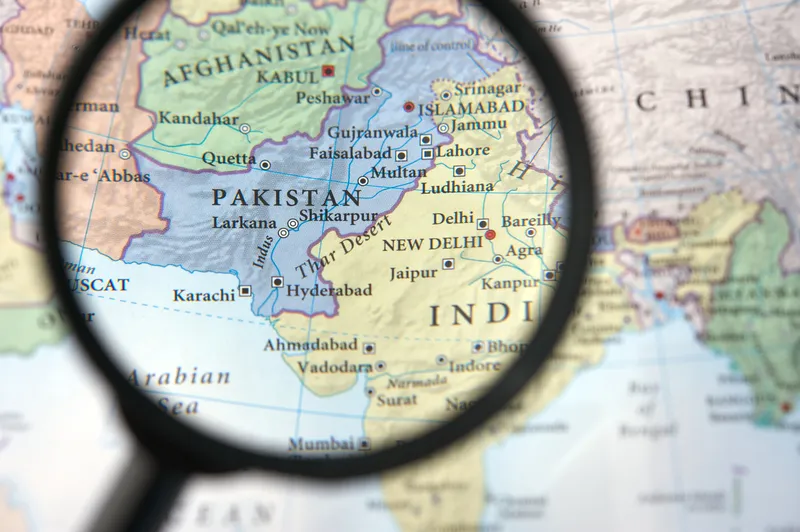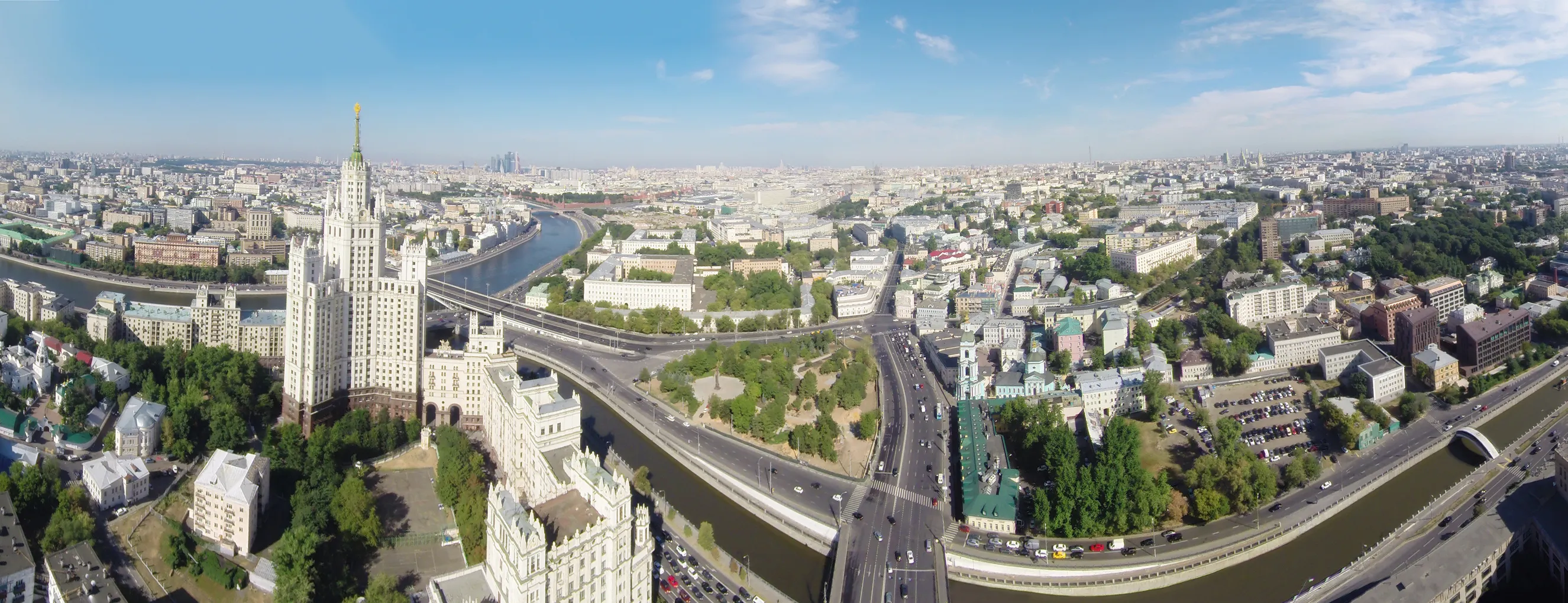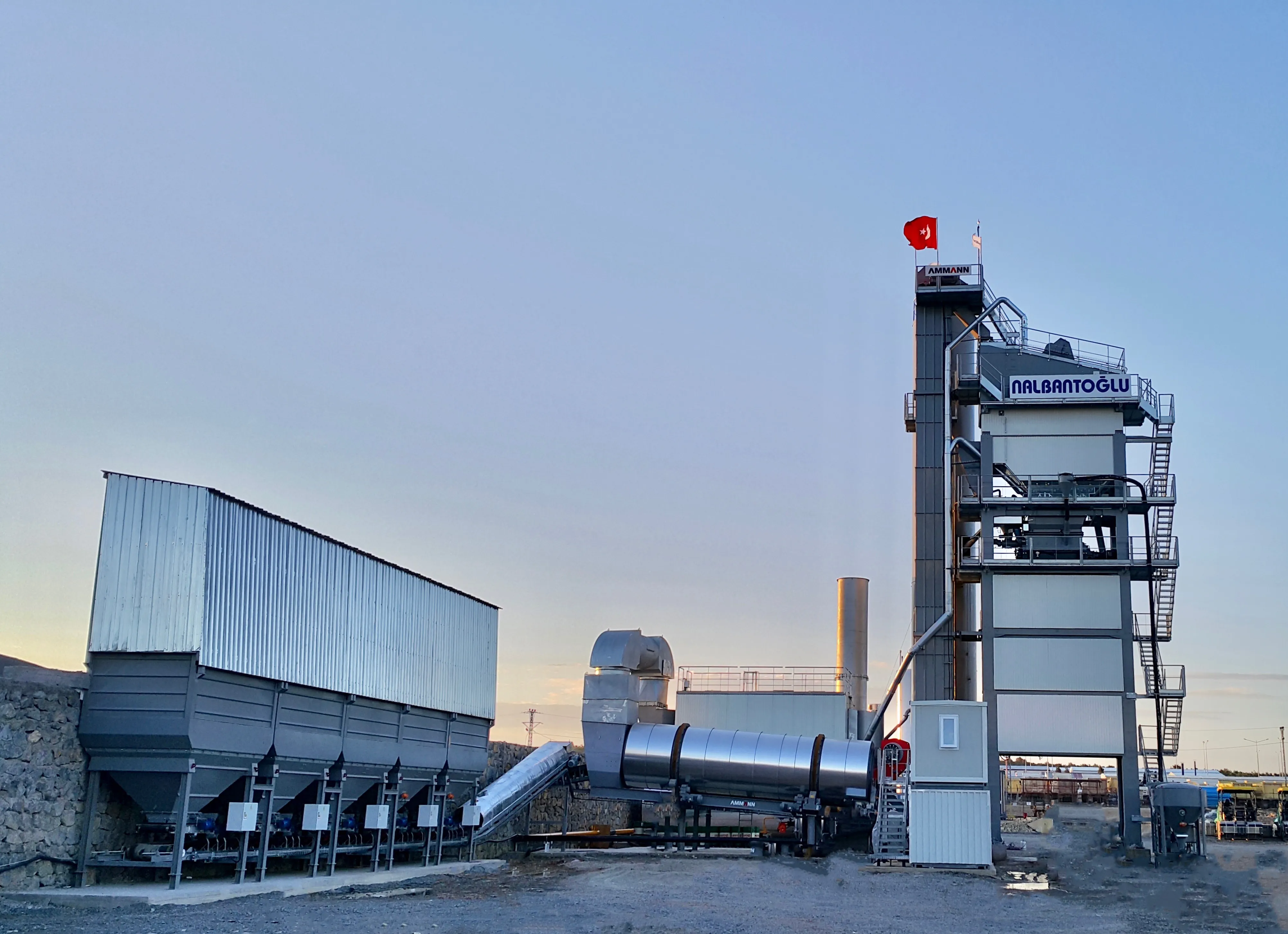Pakistan’s infrastructure and economic development agency the Central Development Working Party approved six projects worth US$865 million, including the China-Pak Economic Corridor (CPEC) Raikot section Phase-1.
The Raikot section is the 120km Havalian-Thakot stretch and alone is worth around $830 million, according to a report from The Nation newspaper. The agency’s approval is for land acquisition, affected properties compensation and relocation of utilities to give the road a throughway.
A report
June 18, 2015
Read time: 2 mins
Pakistan’s infrastructure and economic development agency the Central Development Working Party approved six projects worth US$865 million, including the China-Pak Economic Corridor (CPEC) Raikot section Phase-1.
The Raikot section is the 120km Havalian-Thakot stretch and alone is worth around $830 million, according to a report from The Nation newspaper. The agency’s approval is for land acquisition, affected properties compensation and relocation of utilities to give the road a throughway.
A report by the news agency Dawn last December said the Havalian to Thakot section of the corridor is being financed by China while other sections of the corridor will be carried out on the basis of Build Operate and Transfer (BOT).
The second section of the corridor is the motorway from Karachi to Hyderabad which was awarded to Pakistani construction company Frontier Works Organisation. The government set up Frontier Works in 1966 specifically to build the Karakoram Highway – reportedly the highest paved international road in the world. It connects Sinkiang Uighur in China and Gilgit–Baltistan in Pakistan across the Karakoram mountain range, through the Khunjerab Pass.
Frontier Works remains a government-military business made up of military administrative non-combatant staff as well as civilian engineers and scientists. After the Gulf war of 1991, Frontier Works won a reconstruction contract in Kuwait, to clear 3,000km2 of highly mined area.
The third main section of the corridor is the Multan-Sukkur Motorway.
Dawn reported that a senior official of Pakistan’s National Highway Authority said in an interview that there is no truth in the reports that only Chinese firms will be chosen for the work, apparat from Frontiers Work. He said bids had been invited from international and domestic firms.
He said in a major strategic shift the authority’s financial regime had been changed and all mega road projects were being executed on the basis of BOT. In past such projects were conducted through government assistance.
The official said the firms which would invest their money in the PCEC project would be paid through collection of road toll. “We will not give any prior financial guarantee to the firms but they will be given toll plazas, service areas and the right-of-way of the sections they will execute,” he said.
The Raikot section is the 120km Havalian-Thakot stretch and alone is worth around $830 million, according to a report from The Nation newspaper. The agency’s approval is for land acquisition, affected properties compensation and relocation of utilities to give the road a throughway.
A report by the news agency Dawn last December said the Havalian to Thakot section of the corridor is being financed by China while other sections of the corridor will be carried out on the basis of Build Operate and Transfer (BOT).
The second section of the corridor is the motorway from Karachi to Hyderabad which was awarded to Pakistani construction company Frontier Works Organisation. The government set up Frontier Works in 1966 specifically to build the Karakoram Highway – reportedly the highest paved international road in the world. It connects Sinkiang Uighur in China and Gilgit–Baltistan in Pakistan across the Karakoram mountain range, through the Khunjerab Pass.
Frontier Works remains a government-military business made up of military administrative non-combatant staff as well as civilian engineers and scientists. After the Gulf war of 1991, Frontier Works won a reconstruction contract in Kuwait, to clear 3,000km2 of highly mined area.
The third main section of the corridor is the Multan-Sukkur Motorway.
Dawn reported that a senior official of Pakistan’s National Highway Authority said in an interview that there is no truth in the reports that only Chinese firms will be chosen for the work, apparat from Frontiers Work. He said bids had been invited from international and domestic firms.
He said in a major strategic shift the authority’s financial regime had been changed and all mega road projects were being executed on the basis of BOT. In past such projects were conducted through government assistance.
The official said the firms which would invest their money in the PCEC project would be paid through collection of road toll. “We will not give any prior financial guarantee to the firms but they will be given toll plazas, service areas and the right-of-way of the sections they will execute,” he said.








